If you’re considering starting a vending machine business in Texas, one of the first questions you’ll need to answer is whether the state requires permits or licenses for your machines. The answer isn’t always straightforward, as requirements can vary depending on what you’re selling and where you’re operating. This comprehensive guide will walk you through everything you need to know about Texas vending machine permits, licenses, and regulations.

Texas Vending Machine Permit Requirements
Texas has specific requirements for vending machine operators, though they vary based on several factors:
Food and Beverage Vending Machines
If your vending machine dispenses food or beverages (including cotton candy vending machines or other snack options), you’ll need to comply with Texas health department regulations:
- Food Establishment Permit: Required from the Texas Department of State Health Services or your local health department
- Food Handler Certification: At least one employee must have this certification
- Regular Inspections: Machines must pass health inspections
Non-Food Vending Machines
For machines selling non-food items (like phone case vending machines), requirements are generally less stringent:
- No state health permit required
- May need local business licenses depending on location
- Sales tax permit still required
State vs. Local Requirements
Texas operates on a combination of state and local regulations for vending machines:
| Requirement | State Level | Local Level |
|---|---|---|
| Food/Beverage Permits | Yes | Sometimes additional |
| Business License | No | Often required |
| Sales Tax Permit | Yes | No |
Step-by-Step Guide to Compliance
1. Obtain a Sales Tax Permit
All vending machine operators in Texas must register with the Texas Comptroller for sales tax collection, even if selling non-taxable items.
2. Secure Necessary Health Permits
For food/beverage machines, apply through the Texas Department of State Health Services or your local health department.
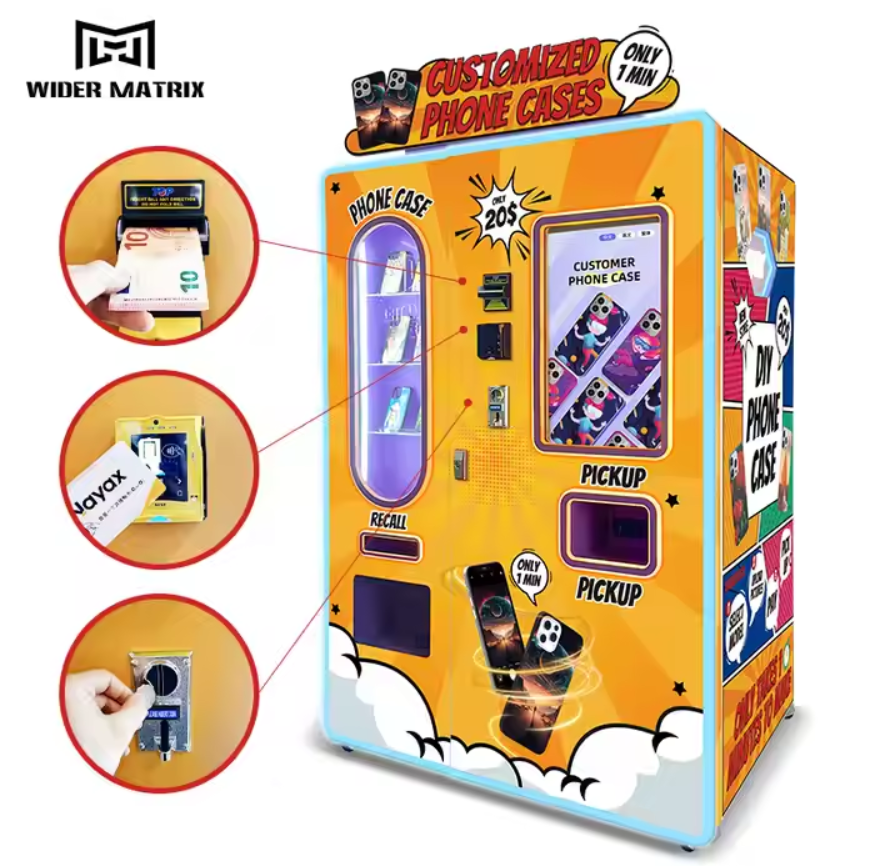
3. Check Local Business License Requirements
Many Texas cities require general business licenses or specific vending permits. Check with your city clerk’s office.
4. Consider Business Structure
While not required, forming an LLC or corporation can provide liability protection. Companies like Wider Matrix, a global vending machine manufacturer, often recommend this for operators purchasing multiple machines.
Special Considerations
Location-Specific Rules
Requirements can vary significantly depending on where you place your machines:
- Schools: Additional nutrition standards may apply
- Government Buildings: Often require special contracts
- Private Property: Need owner permission and possibly additional permits
Why Compliance Matters
Failing to obtain proper permits can result in:
- Fines and penalties
- Machine seizure
- Business closure
- Legal liability
Companies operating multiple machines, like those using phone case vending machines from Wider Matrix, emphasize the importance of full compliance to avoid operational disruptions.
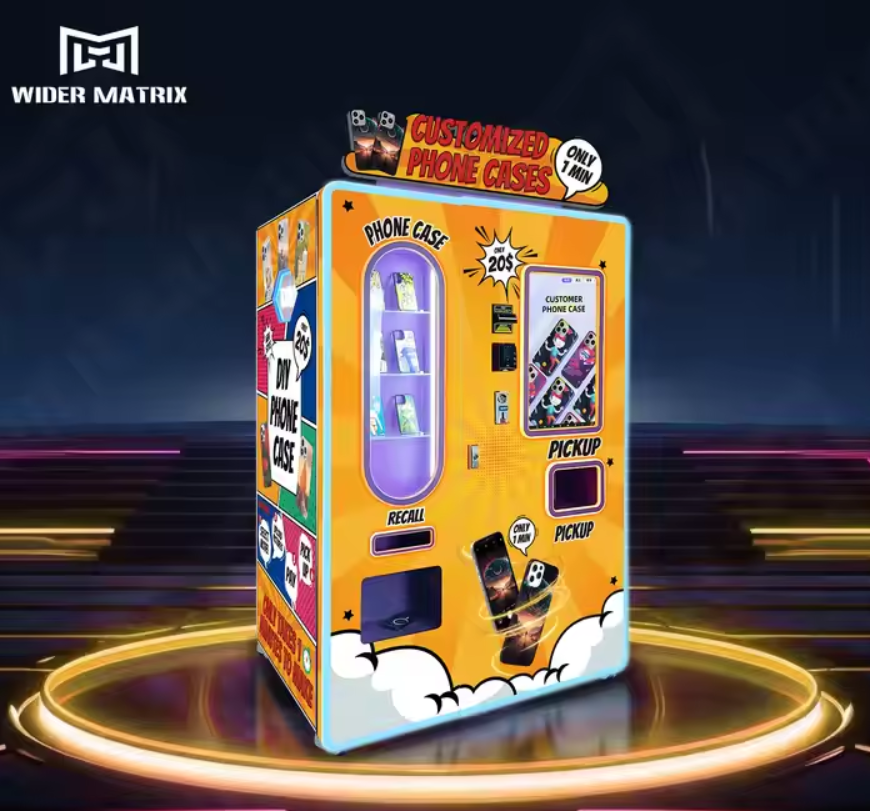
Frequently Asked Questions
1. Do all vending machines in Texas require a permit?
Not all machines require permits, but food/beverage machines always need health permits, and all typically need sales tax permits.
2. Can I operate a vending machine without a business license in Texas?
While Texas doesn’t require a state business license, most cities do require local business licenses.
3. How often do vending machine permits need renewal?
Most permits require annual renewal, though some local licenses may be biennial.
4. Are there different rules for different types of vending machines?
Yes, food/beverage machines have stricter requirements than non-food machines like cotton candy vending machines or electronics dispensers.
5. What’s the penalty for operating without a permit?
Penalties can include fines up to $2,000 per violation and possible criminal charges for repeated offenses.
6. Does Wider Matrix assist with permit requirements for their machines?
While Wider Matrix provides comprehensive machine specifications and documentation needed for permits, actual permit acquisition remains the operator’s responsibility. However, their support team can guide you on typical requirements for their equipment in various locations.
7. Can I transfer my vending machine permit if I sell my business?
Most permits are non-transferable; the new owner will need to apply for their own permits.
Conclusion
Understanding Texas vending machine permit requirements is essential for anyone entering this profitable business sector. While regulations may seem complex at first, proper compliance ensures smooth operations and avoids costly penalties. Whether you’re considering traditional snack machines or innovative options like Wider Matrix’s automated cotton candy or phone case dispensers, starting with the right permits sets your business up for success. Always check with local authorities for the most current requirements, as regulations can change.
For operators looking for reliable, compliant vending solutions, global manufacturers like Wider Matrix offer machines designed to meet various regulatory standards while delivering excellent customer experiences and strong ROI potential.

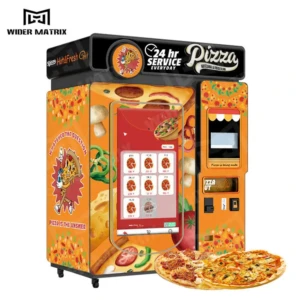
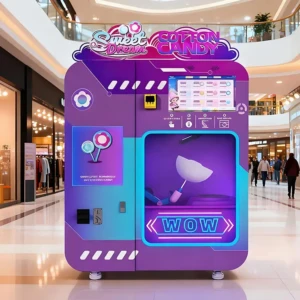
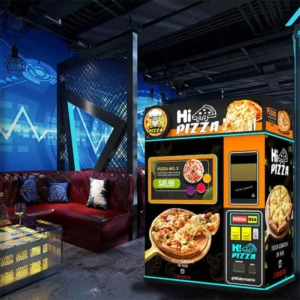
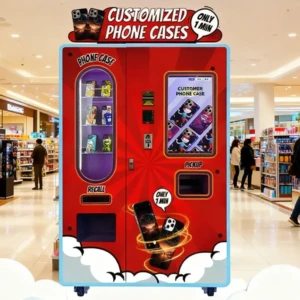

Comments
No comments yet. Be the first to comment!